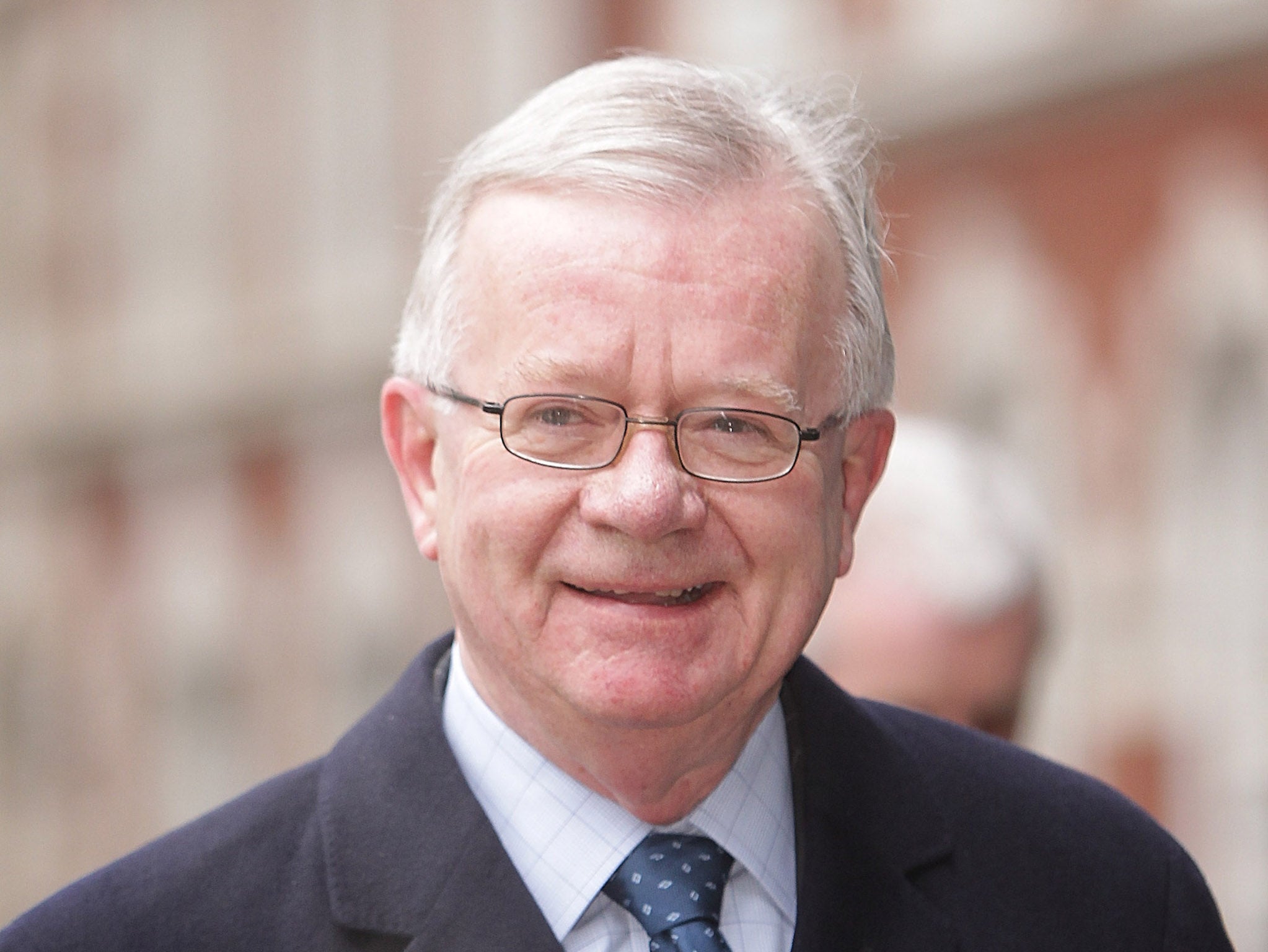The Chilcot report findings come too little, too late
The final tragedy of Iraq – not least for relatives of those who lost their lives or the injured – is that this investigation has taken far too long

Your support helps us to tell the story
From reproductive rights to climate change to Big Tech, The Independent is on the ground when the story is developing. Whether it's investigating the financials of Elon Musk's pro-Trump PAC or producing our latest documentary, 'The A Word', which shines a light on the American women fighting for reproductive rights, we know how important it is to parse out the facts from the messaging.
At such a critical moment in US history, we need reporters on the ground. Your donation allows us to keep sending journalists to speak to both sides of the story.
The Independent is trusted by Americans across the entire political spectrum. And unlike many other quality news outlets, we choose not to lock Americans out of our reporting and analysis with paywalls. We believe quality journalism should be available to everyone, paid for by those who can afford it.
Your support makes all the difference.Conservative politicians, rightly worried that their party will struggle to heal the gaping wounds exposed by the EU referendum, hope that some balm will be applied two weeks later by the publication of the long overdue Chilcot report into the Iraq War.
True, the seven-year inquiry into the 2003 invasion and its aftermath will shift the spotlight on to Tony Blair and his Government. Yet the US-led invasion was supported by the Tory opposition at the time, David Cameron included, even if the Tories insist they would have acted differently if they had known then what they know now about Saddam Hussein’s non-existent weapons of mass destruction. So the report might make easier reading for Jeremy Corbyn, one of the 139 Labour MPs who voted against the war as Blair relied on the Tories to win Parliament’s backing. For once, Corbyn’s rebellious past should work in his favour.
Latest speculation about Sir John Chilcot’s findings suggests he will point the finger of blame not only at Blair – for promising George Bush Britain would “be there” a year before the invasion – but will cast the net much wider. Those in the line of fire in the 2.6m-word tome may include Jack Straw, the former Foreign Secretary, over the running of Iraq after the conflict; Sir Richard Dearlove, the former MI6 head, for allowing Downing Street to put a “gloss” on intelligence about Saddam’s weapons; General Sir Nicholas Houghton, the current Chief of the Defence Staff who was Britain’s senior officer in Iraq in 2005 and 2006 and General Sir Mike Jackson, the former Head of the Army.
Many criticisms – such as the infamous claim that Saddam could attack British targets at 45 minutes’ notice – are bound to feel very familiar. The latest speculation suggests that the unexpected element may be a powerful condemnation of Britain’s role during the occupation of Iraq after the war. The “soft hat” stuff was supposed to be what Britain was good at. Such criticism would add yet another layer to this utter disaster, making it harder for those involved to blame the Americans for failing to plan for the day after the conflict.
Although there will still be some lessons to be learnt, the final tragedy of Iraq – not least for relatives of those who lost their lives or the injured – is that this investigation has taken far too long. A more efficient one might have ensured lessons were learnt in time to avoid the serious mistakes Britain has made since in Libya and Syria. Perhaps we need an inquiry into how we do inquiries. A short one, that is.
Join our commenting forum
Join thought-provoking conversations, follow other Independent readers and see their replies
Comments